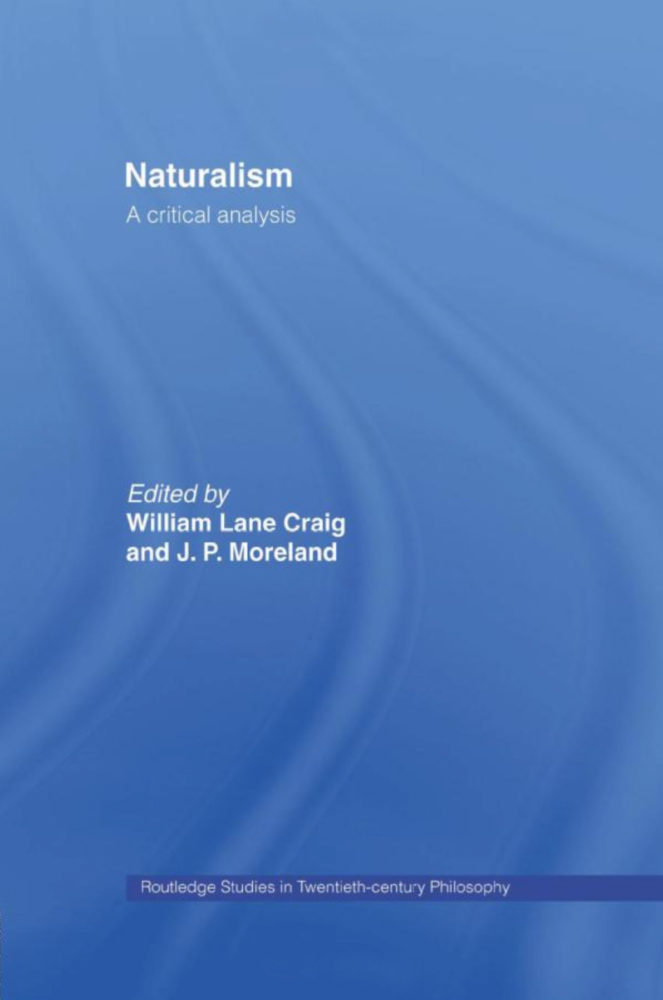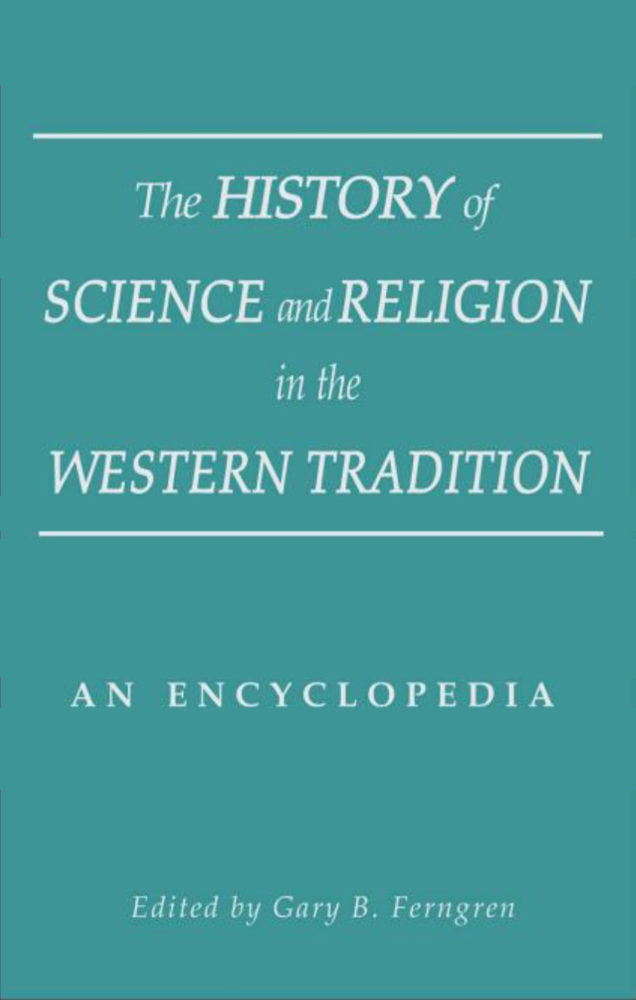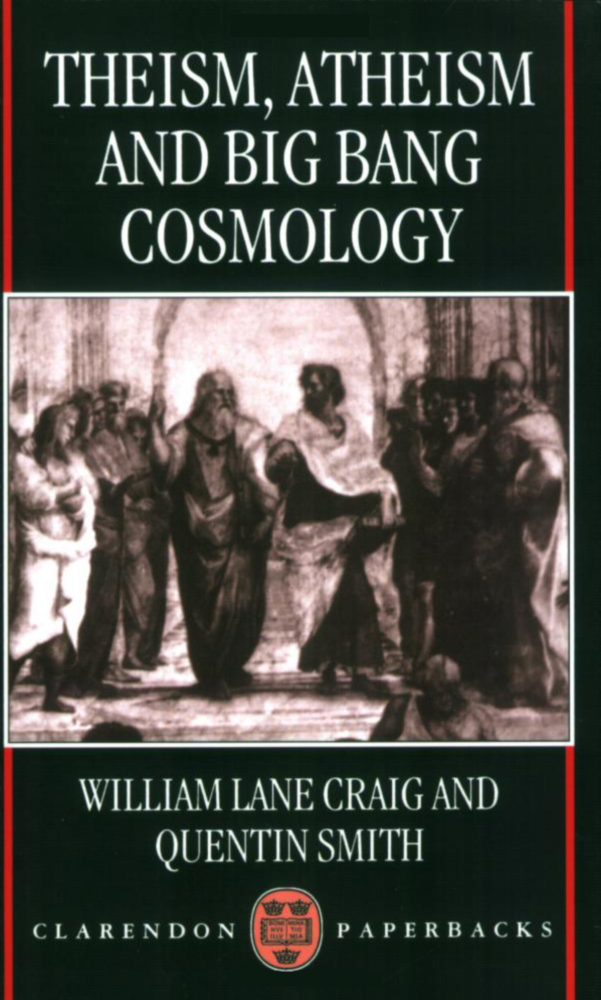
William Lane Craig is a Research Professor of Philosophy at Talbot School of Theology in La Mirada, California. He earned a doctorate in philosophy at the University of Birmingham, England, before taking a doctorate in theology from the Ludwig-Maximilians-Universität München, Germany, at which latter institution he was for two years a Fellow of the Alexander von Humboldt-Stiftung. Prior to his appointmant at Talbot he spent seven years at the Higher Institute of Philosophy of the Katholike Universiteit Leuven, Belgium. He has authored or edited over thirty books, including The Kalam Cosmological Argument; Divine Foreknowledge and Human Freedom; Theism, Atheism, and Big Bang Cosmology; and God, Time, and Eternity, as well as nearly a hundred articles in professional journals of philosophy and theology, including The Journal of Philosophy, American Philosophical Quarterly, Philosophical Studies, Philosophy, and British Journal for Philosophy of Science. He currently lives in Atlanta with his wife Jan; they have two children, Charity and John.
Archives


The History of Science and Religion in the Western Tradition
An EncyclopediaThe Virtual Office of Dr. William Lane Craig
Link to page of articles at Leadership University